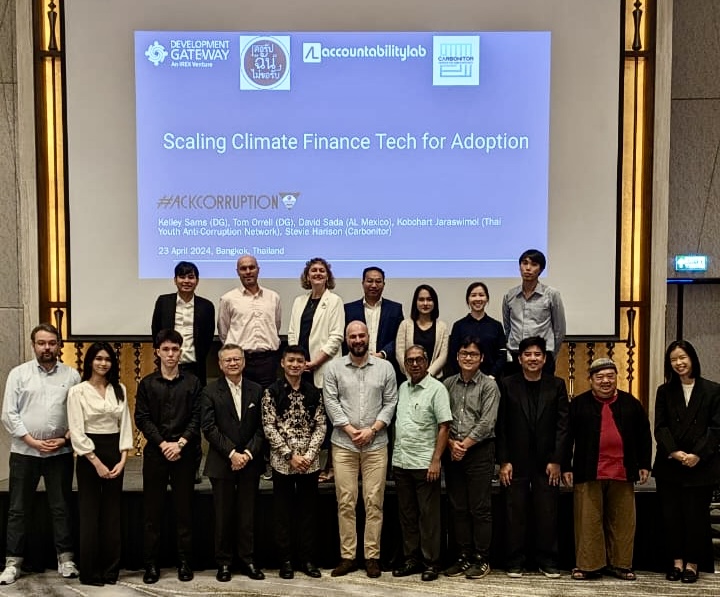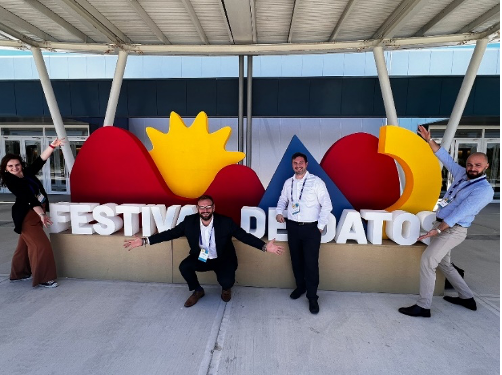Data is a Means to Progress, Not an End
Many might question why so many are pushing for a data revolution when there are so many other issues and disparities in the world. But that is exactly why it is so important. Data is knowledge, and we all know, knowledge is power. Putting the right data in the right hands can mean powerful change, and leaving millions without data to back up their claims and to lay the truth out, means no proving power. So when a new study (Data Deprivation, Another Deprivation to End) says that 77 countries are lacking of such data, this isn’t something to ignore.
The International Budget Partnership highlights how part of this data that needs to be publicly available is development finance and government budgets, both of which is data that has been created, but is often not readily available in readable formats. By readable they mean two things-a machine readable version, and an every day citizen readable narrative about the budget to make it truly accessible for all stakeholders.
Along with IBP, several key stakeholders in the data revolution gathered at the Cartagena Data Festival in April. There was a lot of enthusiasm around figuring out how to make the revolution an actuality, and a lot of discussions that are sure to be continued post-festival. It also saw the launch of several important reports, such as Paris 21’s Road Map for a Country-led Data Revolution and ODI’s “Data Revolution – Finding the Missing Million.”
If you’re a visual learner, then definitely check out the graphic that was created throughout the festival highlighting the key topics that came up during the three days. There are a lot of coinable phrases, and one to remember is that “data is a means to progress, not an end.”
This piece was originally posted on the First Tranche. Image from Jorge Martin, Development Progress.
Share This Post
Related from our library

The Future of Technology Governance and Global Development: Why DG Brought DataReady In-house
DG is excited to announce we now have more robust data governance advisory services with the recent integration of DataReady.

Letting the Sunshine in: Building Inclusive, Accountable, and Equitable Climate Finance Ecosystems
In April, DG, HackCorruption, and the Thai Youth Anti-Corruption Network hosted a roundtable in Bangkok to discuss climate financing. This blog explores the main takeaway: a multi-disciplinary and multi-stakeholder approach that prioritizes local contexts, inclusive governance, transparency, accountability, and equitable distribution of resources is essential to impactful climate financing.

Developing Data Systems: Five Issues IREX and DG Explored at Festival de Datos
IREX and Development Gateway: An IREX Venture participated in Festival de Datos from November 7-9, 2023. In this blog, Philip Davidovich, Annie Kilroy, Josh Powell, and Tom Orrell explore five key issues discussed at Festival de Datos on advancing data systems and how IREX and DG are meeting these challenges.